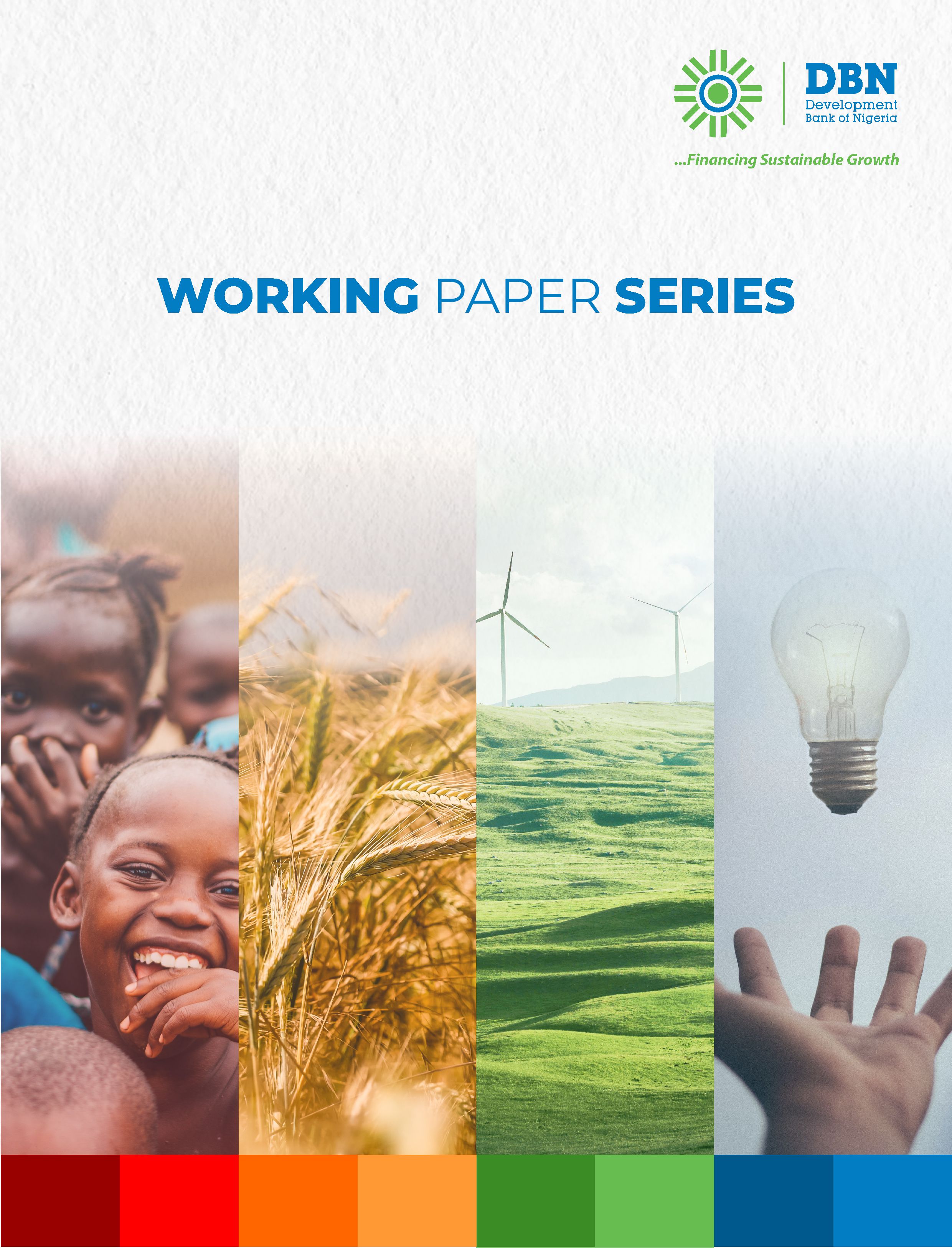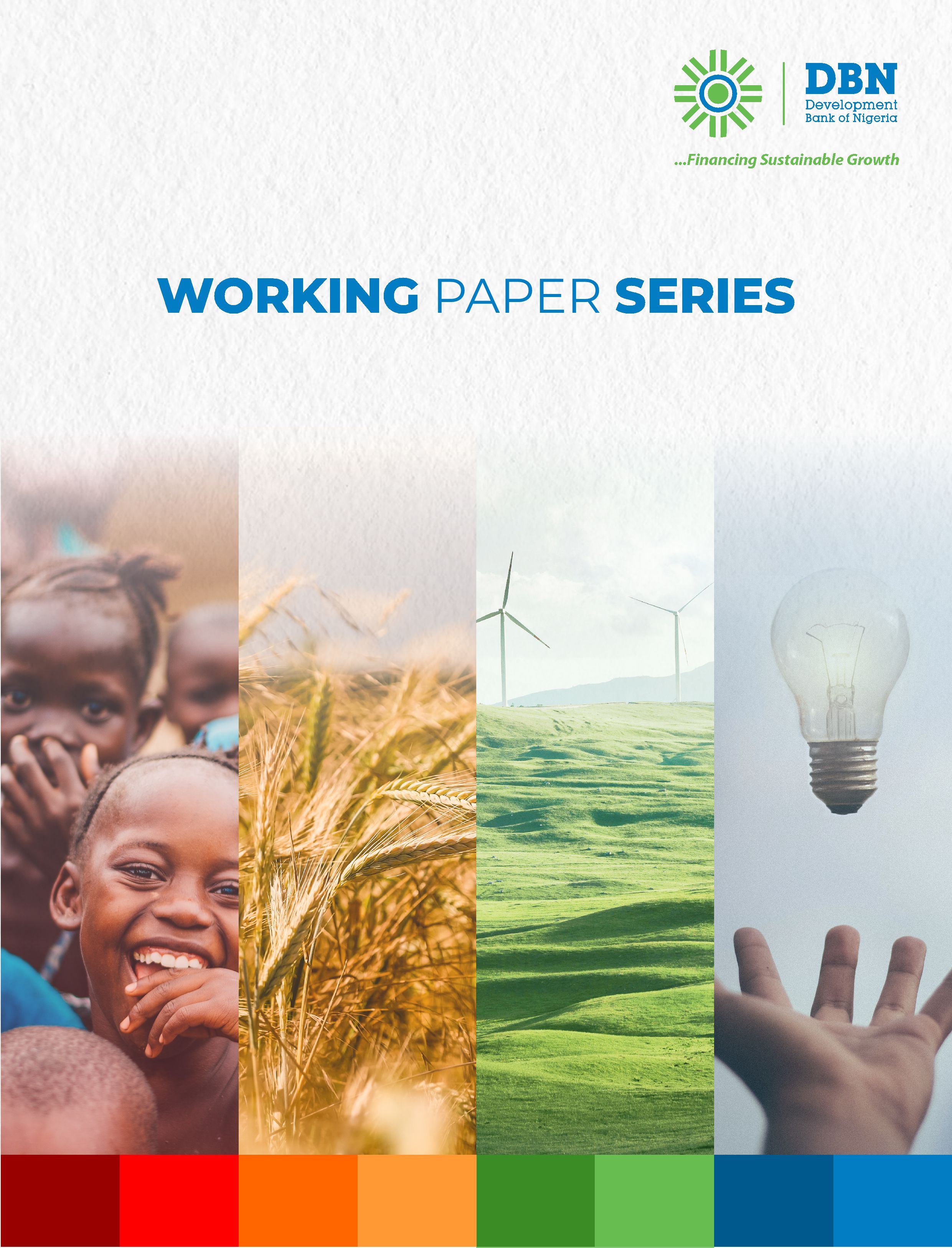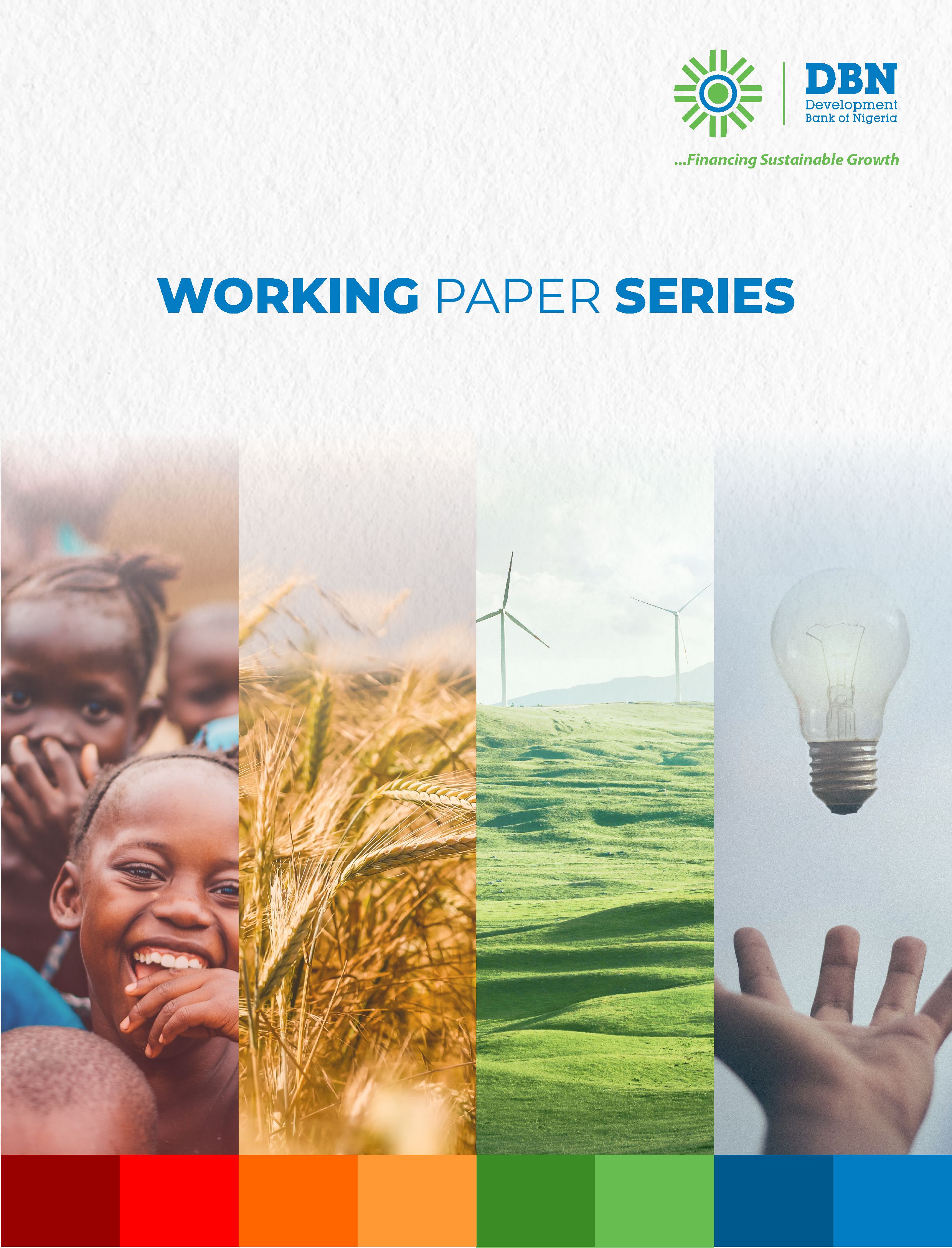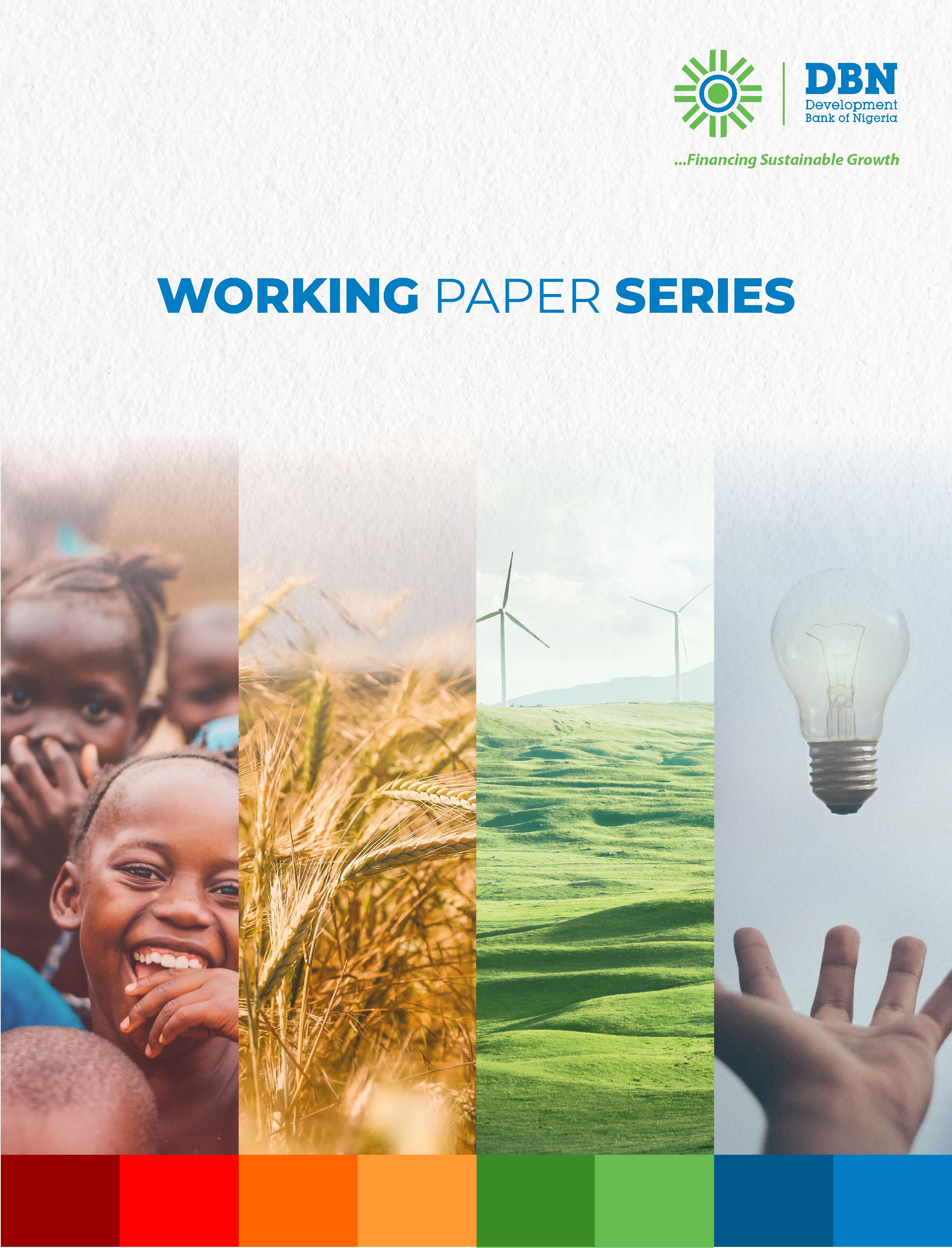
Publication Information
Published by: Admin
Published: 1 year ago
View: 230
Pages: 40
ISBN:
Abstract
The present study examines the relevance of globalization in lifelong gender inclusive education for structural transformation. The focus of the research is on 41 countries in Africa using data from 2004 to 2021. The generalized method of moments (GMM) is employed to assess the problem statement within the remit of interactive regressions. Gender inclusive lifelong learning is measured as gender inclusive education acquired during the three levels of education, notably: primary, secondary and tertiary inclusive education stages. Total globalization and corresponding components (social, economic and political dynamics) are employed as moderators. The attendant sub-components of economic (i.e., trade and financial) and social (i.e., interpersonal, informational and cultural) globalization are also employed for robustness purposes. The hypotheses that globalization and gender inclusive lifelong learning individually influence structural transformation are not validated. Furthermore, the hypothesis that globalization dynamics moderate lifelong gender inclusive education to promote structural transformation is also not validated. Clarification as to why the hypotheses are not validated is provided. Policy implications are discussed.
Simplice A. Asongu Prof
Peter Agyemang-Mintah Mr
Jean R. F. K. Bouanza
Related Publications

VOLUME 7 ISSUE 3 2024
The effect of inequality on poverty and severity of poverty in SSA: the role of financial development institutions

VOLUME 7 ISSUE 3 2024
Energy Efficiency Investment in a Developing Economy: Financial Development and Debt Status Implication

VOLUME 7 ISSUE 3 2024
Tourism and income inequality in sub-Saharan African countries: the role of democracy
